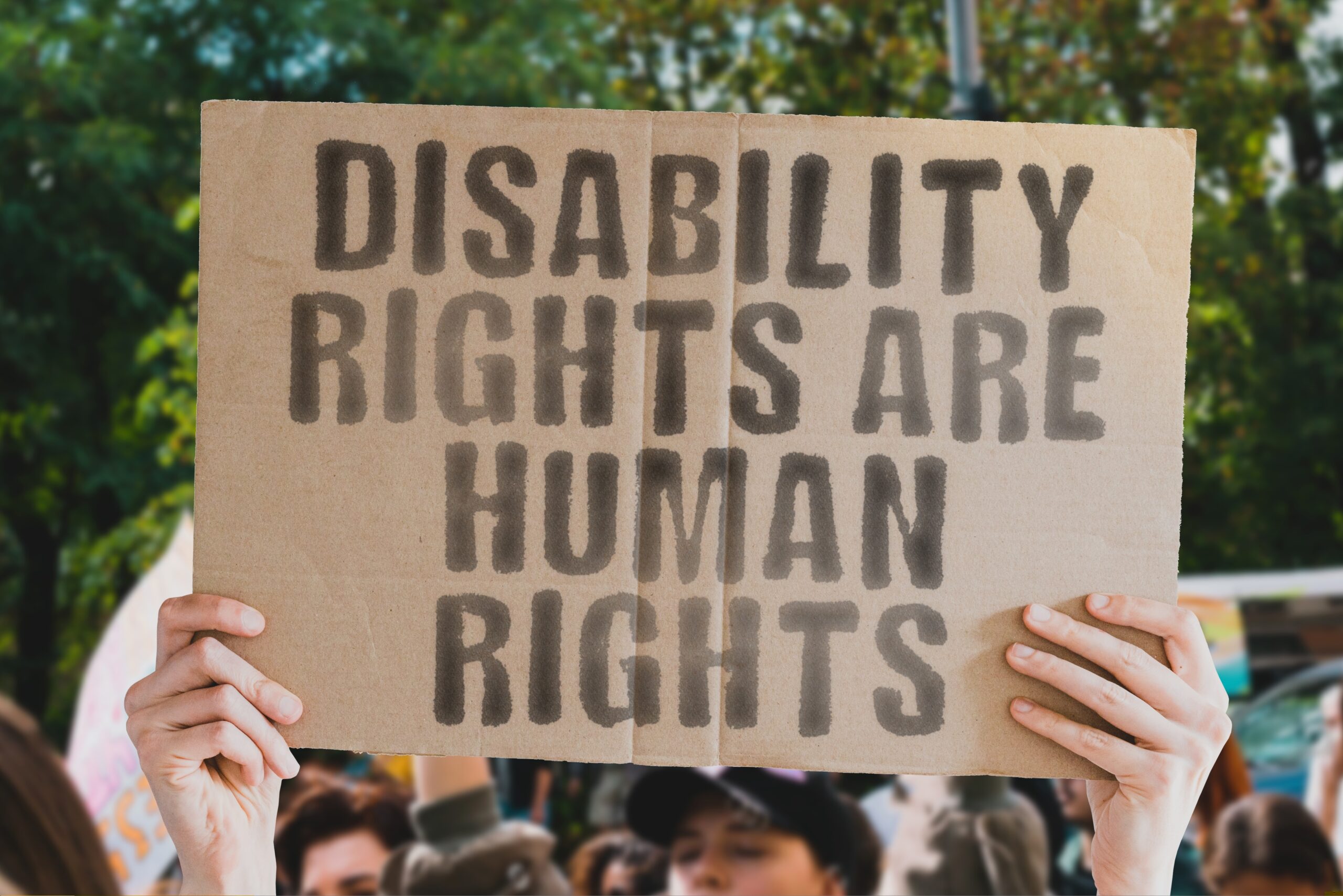At Mayet & Associates, we believe that access to justice is not a privilege, but a fundamental right, one that must be extended equally to all individuals, regardless of physical or mental ability. Yet in Lesotho, persons with disabilities and special needs (PWDs-SNs) continue to face significant obstacles in realising that right. From systemic barriers and discriminatory practices to outdated legal frameworks, the justice system remains inaccessible for many of the country’s most vulnerable.
A recent academic study by the National University of Lesotho (2024) sheds light on these challenges and offers a roadmap for reform. The study explores how the social model of disability can transform legal access for PWDs-SNs by shifting the focus from individual impairments to the structural and societal barriers that hinder full participation in civic life. Unlike the medical model, which places the burden of disability on the individual, the social model argues that disability is the product of inaccessible environments, prejudicial attitudes, and legal exclusion. For example, when a person in a wheelchair cannot access a courtroom, the true problem is not their mobility, but the failure of infrastructure to accommodate difference.
While Lesotho has taken steps in the right direction, such as enacting the Persons with Disability Equity Act in 2021 and gazetting the Disability and Equity (Procedure) Rules in 2023, many barriers persist. Court buildings are still largely inaccessible. There is a severe shortage of legal professionals trained to communicate with clients who use sign language or who live with intellectual or psychosocial disabilities. Disability is still too often framed as a welfare matter rather than a rights-based issue. Most critically, Lesotho has yet to domesticate the UN Convention on the Rights of Persons with Disabilities (CRPD), leaving a significant gap between international commitments and local enforcement. In rural areas, where resources are scarcer, access to affordable and inclusive legal representation is even more limited.
The study outlines several key areas where action is urgently needed. Legal reform must begin with the domestication of international instruments like the CRPD and amendments to the Constitution to make disability rights fully enforceable. Capacity building is essential: police officers, judicial officers, and legal practitioners must receive training in sign language, braille, and inclusive communication practices. The justice system must also be equipped with the necessary infrastructure, ramps, assistive technology, and remote participation options, to enable equal access to courtrooms and legal processes. Monitoring bodies such as the Lesotho Human Rights Commission must be properly operationalised and empowered to enforce disability rights. Finally, the government must allocate dedicated funding for disability-inclusive legal services and collect disaggregated data to ensure that reforms are responsive to real needs on the ground.
At Mayet & Associates, we are committed to ensuring that justice is not only accessible in principle, but in practice. We provide inclusive legal services to clients with disabilities and work closely with advocacy groups such as the Lesotho National Federation of Organisations of the Disabled (LNFOD) and the National Association of the Deaf in Lesotho (NADL). We continue to support legislative and institutional reform aligned with Sustainable Development Goal 16, which calls for peace, justice, and strong institutions.
For us, this is not merely a legal obligation. It is a moral imperative. A justice system that fails to reflect the diversity of its people cannot serve them equitably. We are determined to help build a future where every person, regardless of ability, can participate fully, fairly, and with dignity.

